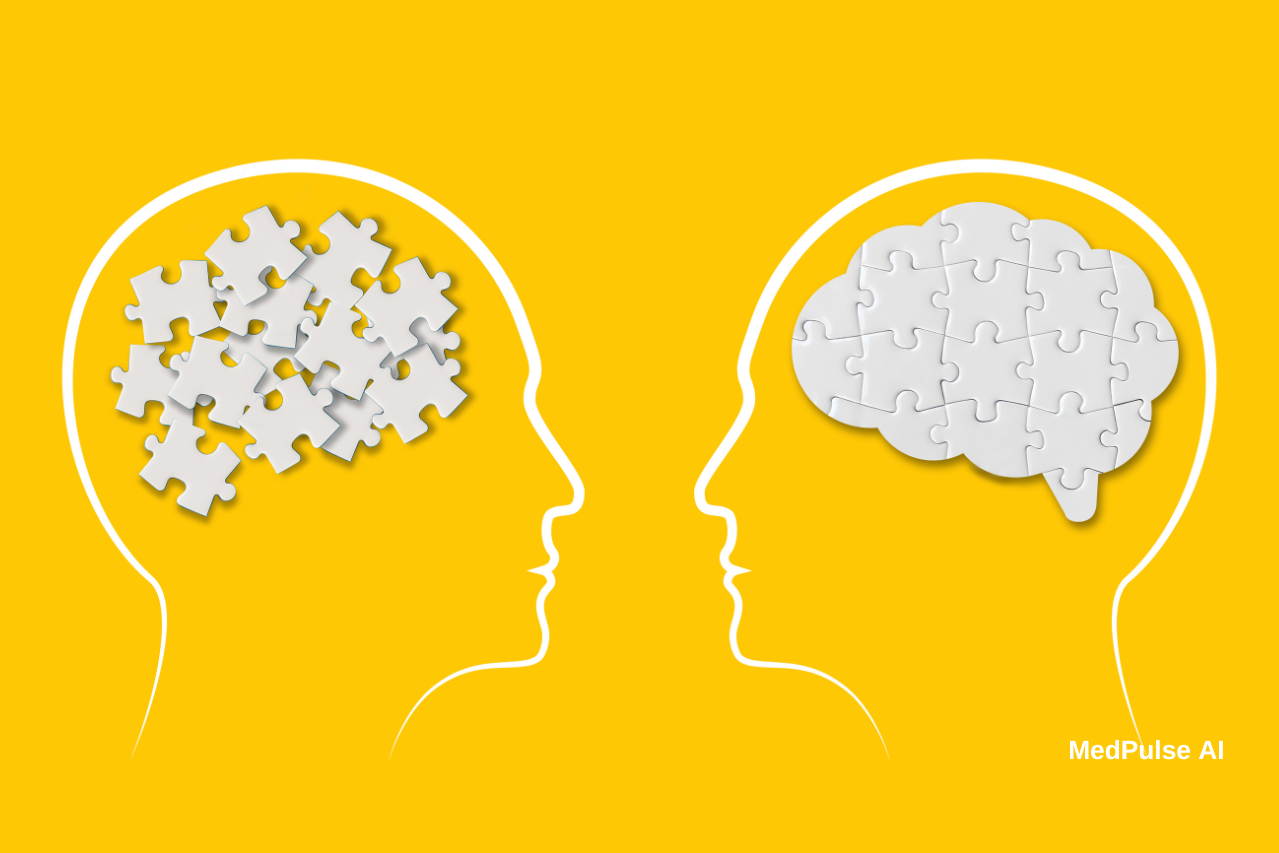Jimini Health, a New York-based digital health company, has launched with $8 million in pre-seed funding to revolutionize mental health care through a clinician-led, AI-supported therapy model. The funding round included investors such as Zetta Venture Partners, LionBird, PsyMed, BoxGroup, Arkitekt Ventures, and SCB 10X.
The company’s approach integrates traditional evidence-based therapies, like cognitive behavioral therapy, with an AI therapist assistant named Sage. This combination aims to provide users with personalized prompts and exercises aligned with their therapeutic goals, promoting continuous engagement and reinforcing progress.
Jimini Health plans to utilize the new funding to enhance its AI capabilities, data infrastructure, safety operations, and product development to better serve its initial clients. The company’s mission is to empower clinicians with responsible AI tools, offering a new standard of continuous, high-quality care.
The integration of AI in mental health care is gaining momentum, with AI-powered tools offering increased accessibility and convenience. These tools can provide immediate, 24/7 support, breaking down barriers related to time, location, and availability.
Jimini Health’s innovative approach reflects a broader trend in the mental health field, where AI is being leveraged to enhance therapeutic interventions and improve patient outcomes. By combining human expertise with advanced technology, Jimini Health aims to set a new standard in mental health care.
The current landscape of mental health care faces significant challenges, including clinician shortages, accessibility barriers, and persistent stigma. In the United States, approximately 22.8% of adults experienced mental illness in 2021, equating to 57.8 million people. However, a substantial portion of this population does not receive adequate care.
Clinician Shortages and Accessibility
The demand for mental health services far exceeds the available supply of qualified professionals. As of March 2024, over 122 million Americans lived in areas with a shortage of mental health providers, with only 27% of the necessary workforce available to meet their needs. This shortage leads to long wait times and limited access, particularly in rural and underserved communities.
Stigma and Financial Barriers
Stigma surrounding mental health continues to deter individuals from seeking help. Additionally, the cost of therapy remains a significant barrier. A 2022 survey found that nearly half of respondents were concerned about affording long-term treatment, with the average out-of-pocket cost being $178 per month.
Jimini Health’s Approach
Jimini Health aims to address these challenges by integrating AI-supported therapy with clinician-led care. Their AI assistant, Sage, provides personalized prompts and exercises that align with therapeutic goals, promoting continuous engagement and reinforcing progress. This model enhances accessibility by offering support outside traditional therapy sessions, potentially reducing the burden on clinicians and making care more scalable.
AI-Supported Therapy’s Potential
AI in mental health care offers several advantages:
- Increased Accessibility: AI-powered tools can provide immediate, 24/7 support, breaking down barriers related to time, location, and availability. World Economic Forum
- Cost-Effectiveness: AI-driven interventions can reduce the cost of care by supplementing human therapists, making mental health support more affordable.
- Personalization: AI can analyze vast amounts of data to offer tailored support, enhancing the effectiveness of interventions.
By leveraging AI, Jimini Health seeks to bridge the gap between the high demand for mental health services and the limited availability of traditional care, offering a scalable solution to current challenges.




